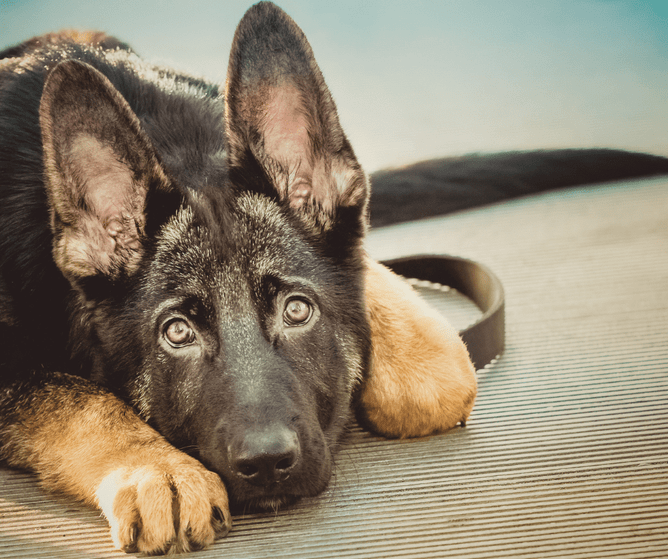We come across a lot of adolescent dogs who ‘go off’ their food or become ‘fussy’ and many people tend to panic and get concerned their dog isn’t eating so try different foods and toppers.
There are many reasons adolescent dogs can go off their food.
The first thing to check is if there is any medical reason. If the lack of appetite isn’t resolved within a few days, or your dog has other symptoms such as vomiting and diarrhoea, please consult with your veterinarian.
Other reasons include growth/development and hormone fluctuations. Growth can slow down around 6-9 months depending on breed/s and dogs may not need as much food as they did as young puppies. Consider reducing the number of times you feed (I still feed adult dogs 2 x per day, but some dogs do better on one meal), or reducing the amount you feed in each meal.
There is absolutely no problem with feeding a variety of healthy fresh foods (in fact I encourage it) and your dog will have preferences which can change over time. Try to keep each meal interesting and nutritious but be careful you don’t accidentally create a fussy dog by ‘giving in’ and offering ‘better’ options.
What we recommend is to offer food as usual, perhaps slightly less, then whatever hasn’t been eaten after about 15 minutes take it away and put it in the fridge to offer for later.
Remember to feed the dog in front of you – the feeding guides on processed food packaging are only a guide so don’t take it as a rule.
Go by body condition and how your dog looks and feels. Check https://wsava.org/wp-content/uploads/2020/01/Body-Condition-Score-Dog.pdf
Remember it’s better for long term health and wellbeing if dogs are kept lean.
Most of all, don’t stress if your adolescent dog goes off their food. Once you rule out any medical cause, it’s just your puppy adjusting to their adult body.

